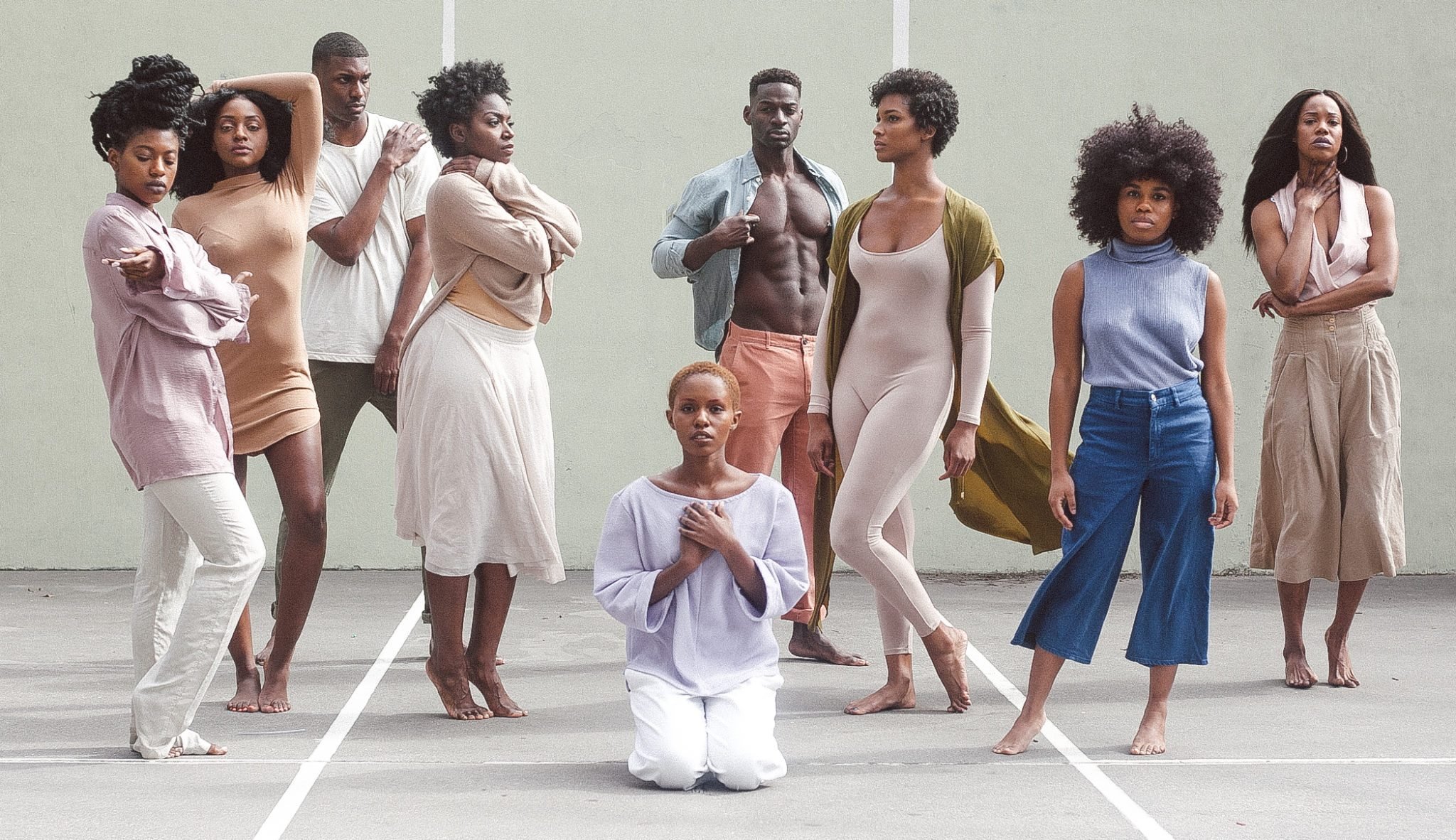We Are The Economy: Building from the Ashes of COVID-19
Photos by Nappy. Originally printed in AphroChic magazine Issue 4, Summer 2020.
There is an old saying that goes: when white people get a cold, Black people get the flu. And unfortunately, the coronavirus outbreak has proved this to be true. More than 100,000 Americans have lost their lives due to COVID-19. And 40 million workers have filed for unemployment benefits in the last 10 weeks as they continue to lose work hours or lose their jobs altogether, affecting their wages and access to health care.
It’s no secret that Black people have been disproportionately affected by this pandemic. Historically, Black workers tend to be the first laid off and the last re-hired following an economic recession. Early data shows that once again Black workers have been disproportionately laid off. This is not surprising, given that our economy typically resorts Black workers to hold low-wage jobs in industries heavily affected by stay-at-home orders. And we have already seen Black businesses disproportionately shut down as investors cut costs and investments into Black-owned brands.
Black workers also disproportionately comprise the ranks of frontline essential workers, many of which are low wage, blue collar jobs with no option to work remotely. As many of these workers are living paycheck to paycheck, they face the difficult choice between going to work and risking exposure to COVID-19 or bringing home a paycheck. And in many cases, if a worker decides not to go to work for fear of infection, they will be deemed ineligible for unemployment insurance benefits, since they technically have the option to work. They may also get laid off as a result. This, in part, explains why and how COVID-19 has had disproportionate effects on the personal economics of Black people. But we cannot ignore the structural racial inequalities that have set the stage for increased economic and medical vulnerabilities among Black communities. It’s clear that we cannot build a stronger and more resilient economy without centering the needs of Black and brown workers. Because we are the economy.
The virus shows no signs of stopping. The number of cases and deaths across the nation continue to rise. Governors, legislators, and the president have touted the narrative that we must reopen in order to “save” the economy. That's in direct opposition to public health officials and economists who widely agree that it is premature and dangerous to reopen.
Do we really have to choose between saving the economy and protecting people’s health and lives? The short answer is no. There is, in fact, no economy without workers, so from an economic as well as a moral perspective, our health and lives are paramount.
Here’s the longer answer: Contrary to popular belief, the stock market and the economy are not the same thing. If the stock market is performing well, it does not mean that the economy is strong. Same goes for the number of wealthy individuals, the performance of American corporations, the gross domestic product (GDP), etc. None of these are the best indicators of how the economy is doing because they gloss over widening inequality in this country.
The best economic indicator is us — your family, your neighbor, your colleague, you. We are the economy. The economy is composed of all the interactions and transactions between regular, everyday people. The economy can only thrive if everyone is able to participate, and people can only meaningfully participate when they are empowered, when workers are supported, and when marginalized communities are not excluded or exploited.
Our current economy is broken. Only a handful of wealthy individuals reap the majority of benefits from work that everyone else does. Inequality is a major cause, and it has grown dramatically over the past 40 years, creating a precarious and fragile economy prone to shocks and collapses.
What does a strong economy look like? In a strong economy, everyone has security and peace of mind in knowing that their basic needs are met. They are able to afford the things they need, from groceries and medical expenses to housing, utility bills, and other expenses. This means living standards rise for everyone, especially those in the bottom and middle-income classes. It means racial and gender disparities decline in the short run and are eliminated in the long run.
It means, above all, that the most marginalized communities, Black people and Black women in particular, have fair wages, can choose employment that fits their goals and aspirations, can build wealth, and can live longer and healthier lives. Because if Black women are living and thriving rather than merely surviving, then it increases the likelihood that all Americans are thriving. When we center the most marginalized, everyone else also reaps the benefits.
How can we ensure rising and broadly shared living standards? Experience will tell us that we cannot count on the private sector to secure the common economic good for the majority of Americans. Workers are central. Investing in workers, providing protections from exploitation and harm, preventing the exclusion of marginalized workers — eliminating margins altogether — and empowering workers to demand more rights through collective bargaining are some of the ways we can advocate for workers and worker productivity. When entire communities are exploited, disempowered, and undervalued, it creates a fragile economy composed of exhausted workers.
Currently, our economy is producing more, but fewer people are benefiting. The key to ensuring economic benefits don’t all trickle up to the top 1% is an equitable distribution of power. When power becomes concentrated in the hands of the few, they will use that power to hoard their economic riches. This is exactly why “trickle down” economics fail to deliver economic prosperity: it ignores the role of power. And without rules and regulations, the rich will shape markets, bend rules, and implement systems of exploitation — like structural racism — to their benefit.
To counter the harmful narrative of trickle-down economics, we must instead center the needs of everyday people to ensure a stronger and more resilient economy that works for everyone. To begin raising living standards and increasing well-being for everyday people, we can provide public investments in workers, families, and communities, such as public schools, public health, and public housing. A prosperous society invests in everyone, regardless of race, gender, class, geography, or any other identity. Broadly shared prosperity creates widespread stability so that everyone can actively participate in buying and selling goods, which will prompt the private sector to invest in people and physical capital to meet the rising demand.
If anti-racist, power redistributing structures are set in place, then we can ensure the economic gains are broadly and equitably shared. This means workers are able to bargain collectively with their employers, public services and investments are widely available but especially for marginalized and under-resourced communities, and businesses compete healthily without the presence of large monopolies. With all of these systems in place, living standards will rise and provide more economic security, dignity, and freedom for people to live happy, healthy, and secure lives.
So what does this worldview mean in our current moment, especially for Black folks? Well, we have to remember that the coronavirus outbreak was the straw that broke the camel’s back. Our economy was not prepared for an economic depression and global pandemic. Our social safety net has been decimated and public infrastructure remains underfunded. Black people were struggling before this crisis, but we don’t have to struggle in our recovery. We must push for immediate relief now that also reorients our economic system to be stronger and allows Black people to have the full, secure and prosperous economic lives that we deserve.



